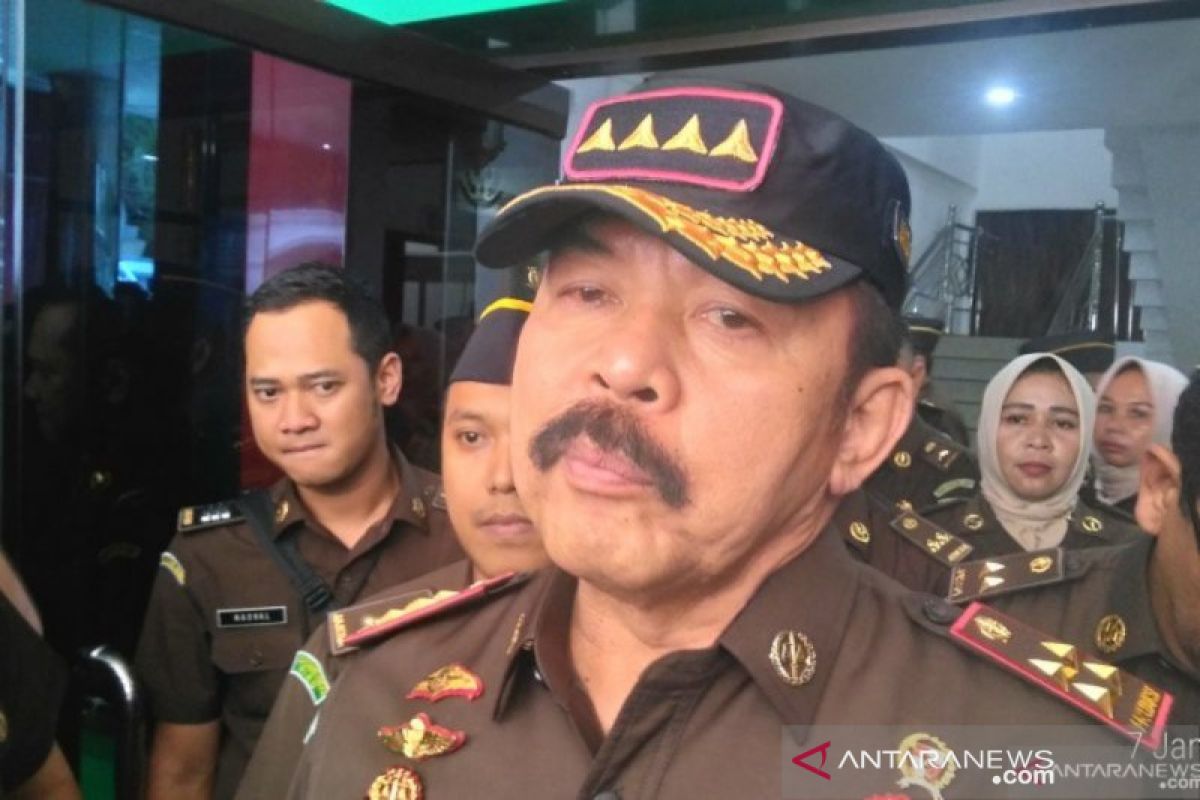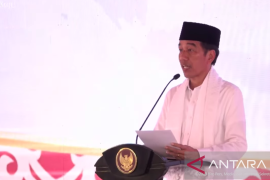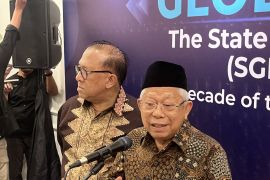Due to the lack of evidence, we have struggled to identify our suspectsJakarta (ANTARA) - Lack of evidence and the absence of an ad hoc human rights tribunal have stalled efforts to settle past gross human rights violations in Indonesia, Attorney General ST Burhanuddin said today. Investigations launched by the National Commission on Human Rights (Komnas HAM) had failed to bring up sufficient evidence in two cases for prosecutors working on these cases, the attorney general said during a working meeting with the Commission III of the House Representatives here.
"Due to the lack of evidence, we have struggled to identify our suspects," he reaffirmed.
Indonesia's legal system has yet to adopt an ad hoc human rights tribunal to settle the violations allegedly committed by some former high-ranking officials in the military. However, the House of Representatives members can request for the tribunal to the president, he added.
Despite the difficulties, past human rights violations can be settled through non-legal procedures, one of which is by providing rehabilitation and compensation for the victims, Burhanuddin suggested.
Related news: Indonesian government wants to settle human rights cases
Related news: Government pledges to settle human right cases soon
During the meeting with House Representative members, the attorney general referred to several cases that he claimed were not a part of the gross human rights violations. Some of the cases include Semangi I in 1998 and Semanggi II in 1999.
"For other cases such as Banyuwangi's Killing Field in 1998 to 1999 (when magic practitioners were arbitrarily killed); Wasior incident in 2001; and Wamena incident in 2003, the law has been applied against the perpetrators. However, we have not yet probed the possibility of gross human rights violations that may be involved in the cases," he explained.
Contradicting Burhanuddin's stance on Semanggi I and Semanggi II, the human rights groups, including Komnas HAM believed the two incidents are part of the gross human rights violations in Indonesia.
From 2007 to the present, a silent protest has been launched by families whose child was murdered during the incident. Maria Catarina Sumarsih, one of the first protesters at the silent protest "Kamisan", is a mother whose son was shot dead during the Semanggi I incident.
Every Thursday evening from 3:00 p.m. to 5:00 p.m., she and other protesters wear black shirts and stand in silence in front of the Merdeka Palace to urge the Indonesian government to bring the perpetrators to justice.
For past 13 years, "Kamisan" or "Aksi Kamisan" has turned into a nationwide silent movement which has prompted the Indonesian government to end the impunity for the perpetrators. (INE)
Reporter: Imam Budilaksono/Genta Tenri M
Editor: Mulyo Sunyoto
Copyright © ANTARA 2020












